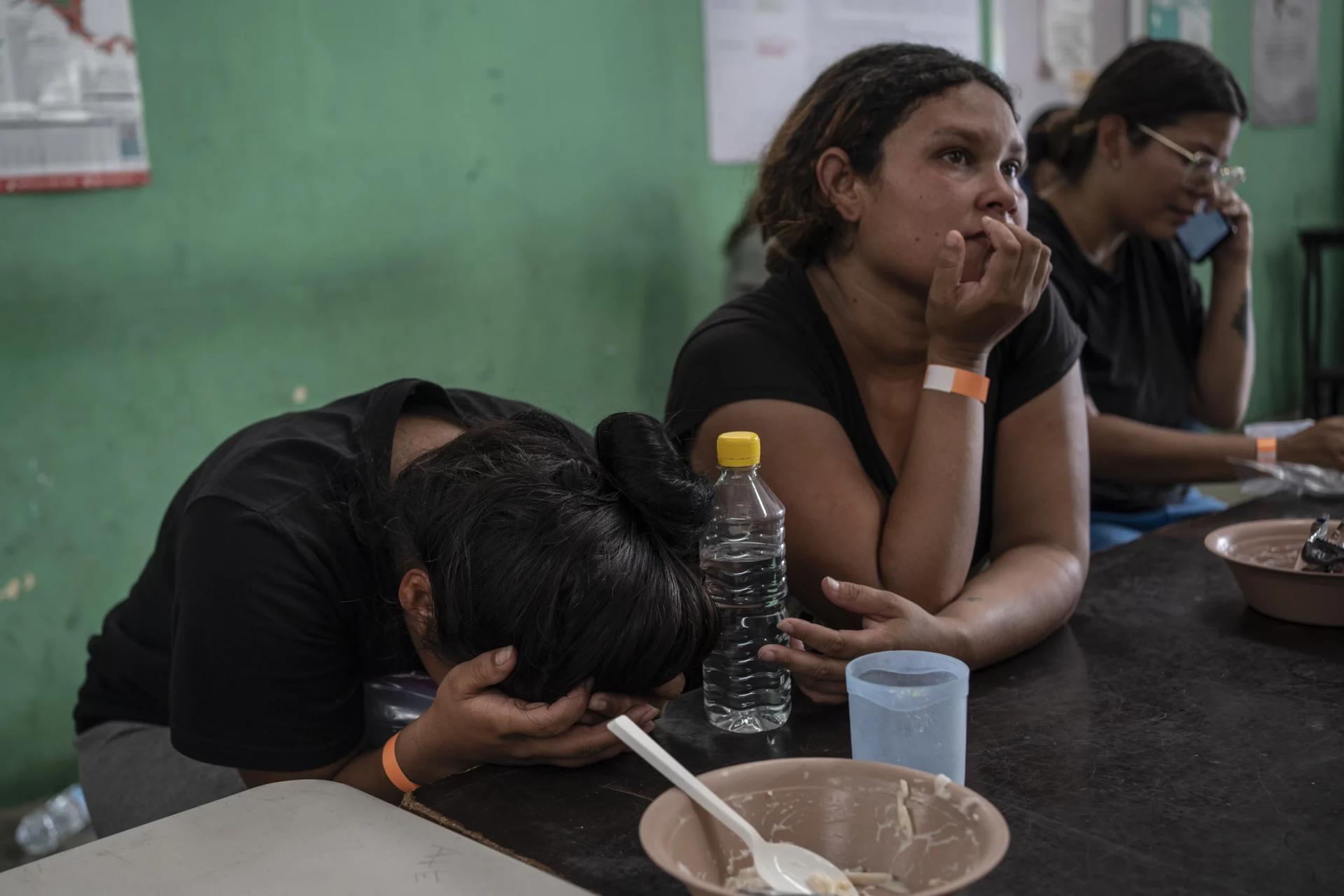SÃO PAULO, Brazil – After President Joe Biden’s new directive on asylum claims on the border with Mexico made it even more difficult for refugees to get into the United States, the Mexican Church said such issues “shouldn’t be guided by the pressures of electoral times and politics.”
In a declaration released on Jun. 10 by the Bishops’ Conference’s Human Mobility Pastoral, Bishop J. Guadalupe Torres Campos of Ciudad Juarez said “every country has a right to manage its borders, but that shouldn’t be an excuse to restrict the people’s right to ask for asylum and international protection.”
“The new migratory policies of the United States’ government announced last week leave under the discretionary power of migratory agents of that country the access of a person to manifest her or his wish to request asylum, something that allows – without formalities, nor a due process or a thorough analysis of each person’s particular situation – arbitrary deportations without any guarantee for asylum claiming,” the letter read.
The document emphasizes that Mexico keeps receiving deportees from the United States, which leaves them in a vulnerable situation, given that there are no conditions to ensure the respect to their human rights.
“The border of Mexico with the United States keeps being a place of pain, suffering, and danger for migrant people and for those who need international protection,” Torres says.
The “management of the borders must ensure the ordained, safe, and regular migration,” the declaration read.
The letter concludes by asking the Mexican and the U.S. governments to prioritize the human rights of migrants and refugees, respecting “the principle of no devolution of persons requesting asylum, family unity, and their dignity.”
Biden’s directive has been in place since Jun. 5 and has effectively interrupted asylum processing. The new policy determines that no asylum requests will be analyzed when encounters with migrants in ports of entry reach 2,500 per day. That number has been much higher than that lately, reaching 4,000 per day, according to an Associated Press story.
“That situation is not new. But things have been worse since the new directive was announced,” Karen Pérez, national director of the Jesuit Refugee Service in Mexico, told Crux.
Pérez explained that rumors disseminated among immigrants made them believe that it would be easy to get into the United States with Biden. When they arrive in Juarez, however, they understand that those rumors are far from the truth.
“Since the beginning of 2024, we have been noticing that asylum seekers are facing more and more difficulty to enter the U.S., with a policy of deportations and detentions,” she said.
Some people have been almost automatically deported, and many of them don’t understand what’s happening, due to the linguistic barrier and the accelerated process they face.
“They come back to Juarez thinking that their case is under review, when in fact they had been just expelled,” Pérez said.
Without funds to wait in Mexico for a new chance to present their case and a rapidly deteriorating humanitarian structure in Juarez and other points on the border, many people decide to get into the U.S. informally.
“Those people are then exposed to the violence of the criminal organizations. Many of them are extorted or killed,” she added.
The mafia-like groups that promise to take the immigrants through the border have been expanding their operations with that new situation, and their presence has been noticed in the south of Mexico, Pérez said.
According to Father Alberto Gómez Sánchez, who directs a migrants’ house in the southern state of Chiapas, changes like that have historically failed to prevent immigrants and refugees from traveling to the border and getting into the United States.
“When a door is closed, they find a new way. They’ve done all they could to get into the U.S. and there’s no way back. Not even President Donald Trump managed to discourage the immigrants with all his atrocious measures, like putting children in cages,” Gómez Sánchez told Crux.
But such measures make them more vulnerable, he said. In Chiapas, immigrants have been caught in the middle of a territorial dispute between two drug cartels, and violence has been widespread.
Gómez Sánchez thinks that the new directive is part of a strategy to make Biden look stronger in the battle against illegal immigration, given that Trump and his supporters accuse him of failing to limit the entrance of Latin Americans though the southern border.
“But the fact is that it’s impossible to shut the border down. There’s a giant flux of products between the two countries. Trump exploits that theme to gain support among people who don’t want to be bothered by immigrants. It’s all about racism,” he said.
Karen Pérez said she doesn’t hope for any real change in the way Mexico has been dealing with immigrants and refugees in the administration of recently-elected President Claudia Sheinbaum.
“The previous administration cut all communications with civil society about that. We think the new president will follow the same path,” she said, adding that a “humanitarian crisis has become a matter of public security, and the ‘solution’ has been militarization.”















